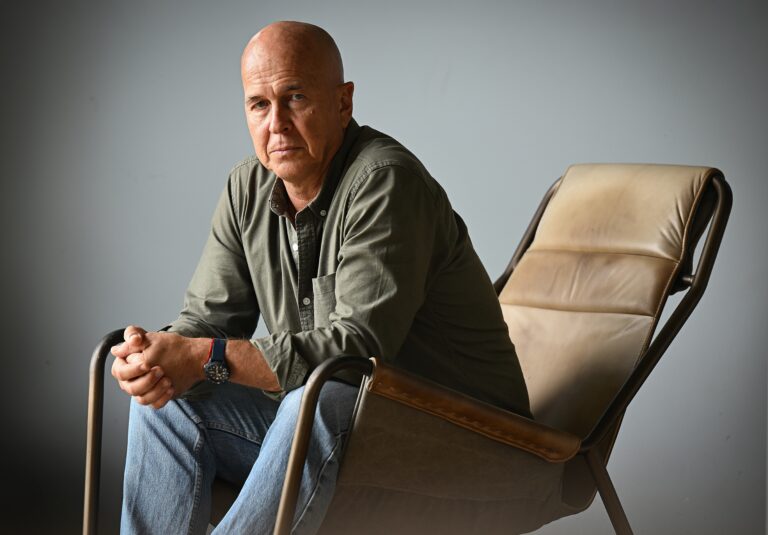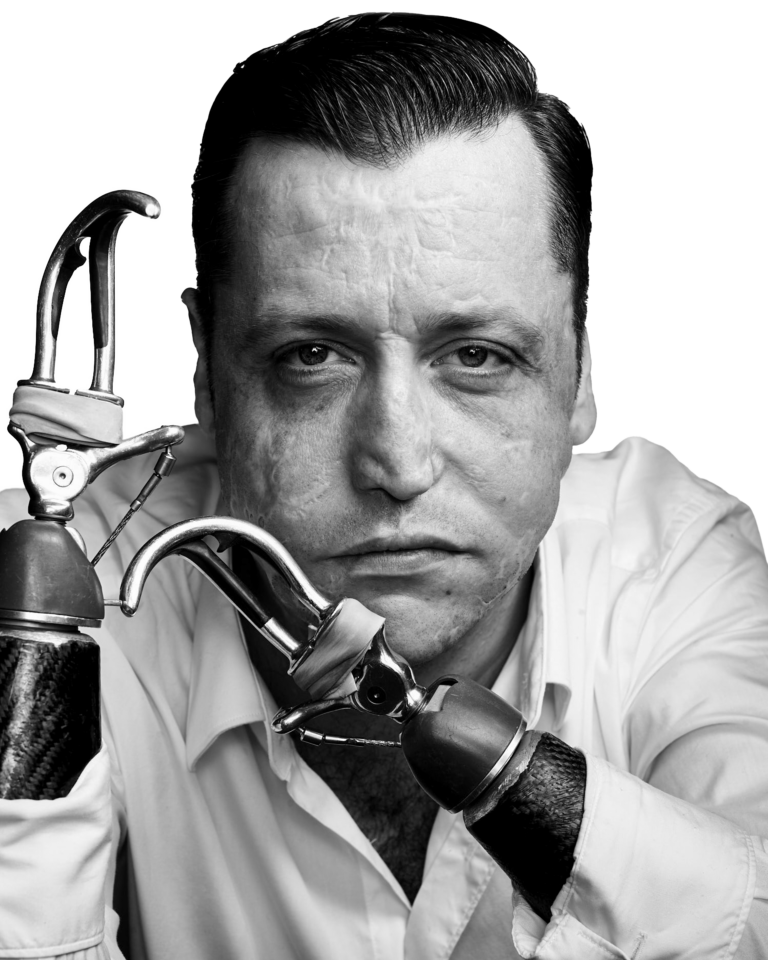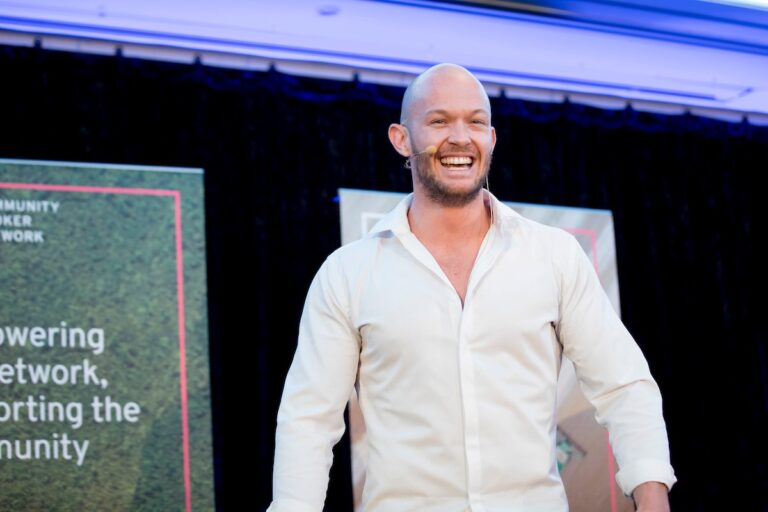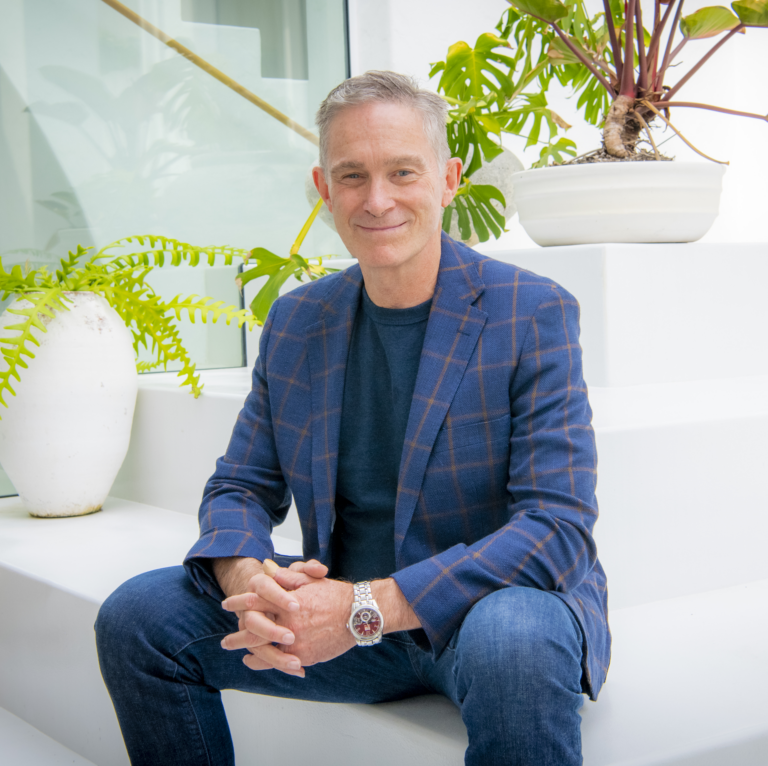Peter Greste

Awarded Journalist, Freedom Campaigner & Keynote Speaker
Peter Greste is one of Australia’s most renowned journalists, with a career spanning more than three decades across some of the world’s most volatile regions. Though he spent over 25 years living and reporting abroad, he came to global prominence in 2013 when he and two colleagues were arrested in Egypt while working for Al Jazeera. Accused of spreading false news and aiding a banned organisation, Peter was imprisoned for 400 days in a trial widely condemned as a gross miscarriage of justice.
While behind bars, he began a fearless campaign for press freedom and the rights of journalists—a mission he continues today. Peter is now the Director of the Alliance for Journalists’ Freedom and Professor of Journalism at Macquarie University.
Throughout his distinguished career, Peter has reported from conflict zones across the Middle East, Africa, Latin America, and the Balkans, working with major international broadcasters including the BBC and Reuters. His frontline coverage has shaped public understanding of some of the world’s most complex and dangerous events—from the rise of the Taliban to crises in Somalia and South Sudan.
Peter is also an award-winning author and keynote speaker. His book, First Casualty, explores his experiences in Egypt and examines the critical role of journalism in the War on Terror. The Biographical movie thriller ‘The Correspondent’ starring Richard Roxburgh as Peter was released in 2024 to critical acclaim.
He has received numerous honours for his contributions to journalism and human rights, including the ANZAC Peace Prize, Walkley Award for Services to Journalism, Royal Television Society’s Judges Award, and the Australian Human Rights Commission Medal.
Peter Greste speaks about:
Lessons in Resilience: What 400 days in an Egyptian prison taught Peter Greste about survival
It is hard to imagine how anyone could make it through more than a year in an Egyptian prison cell without being damaged by the experience. Yet Professor Greste emerged both strong and determined. He has become an outspoken champion of human rights and media freedom. In this inspiring talk, he takes us on a journey into the darkest mental and physical corners of prison, and explains the strategies that helped him come out with energy and focus.
Abandon Hope: When things are tough, why giving up on hope might be the sanest thing you can do
No matter how hard it gets, always hold on to hope, we are told. Arrested on bogus terrorism charges, thrown into the grim Tora Prison Complex in Cairo, and enduring a sham trial, Peter Greste always hoped that his nightmare would end. But it was only when gave up on hope, and started dealing with the reality he was confronted with, that he found a way through. In this powerful and counterintuitive talk, Professor Greste explains how hope, constantly dashed, became a debilitating idea, and how abandoning it might just have saved his sanity.
Building Trust in a Post Truth World
From the Banking Royal Commission to the Christchurch Massacre, the facts have never been more important. We cannot solve our most pressing social problems without a common understanding of what the facts really are, but in the age of the internet, when “alternative facts” seem to be whatever anybody wants them to be, never have they seemed so malleable. In this thought-provoking and challenging talk, the University of Queensland’s Professor Peter Greste takes us through his own 30 years of experience as a journalist trying to get to “the truth”; and how that struggle became personal when he was imprisoned in Egypt for “broadcasting false news”.
Prof. Greste’s journey out of prison brings powerful lessons on building and maintaining trust, of communicating with audiences, and of dealing with crises. How is trust lost? How can it be recovered? And is there any hope in a world where truthiness – when it is enough for a piece of information simply to feel truthful – is even a thing?



